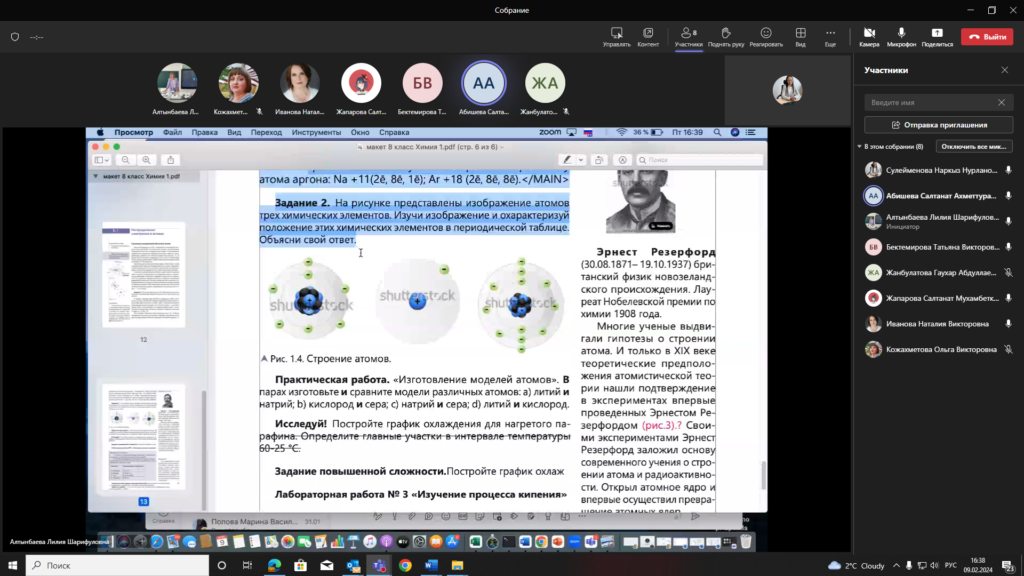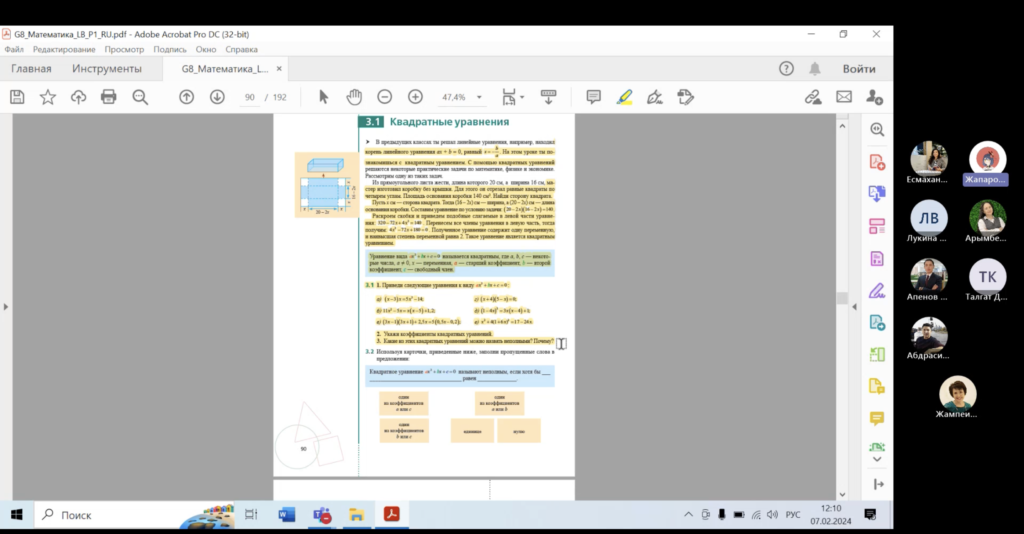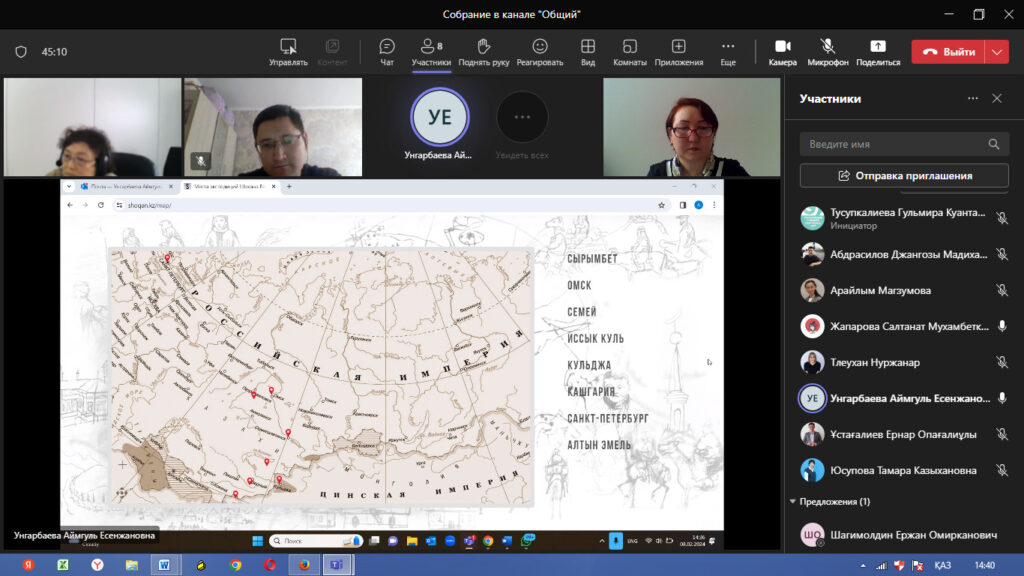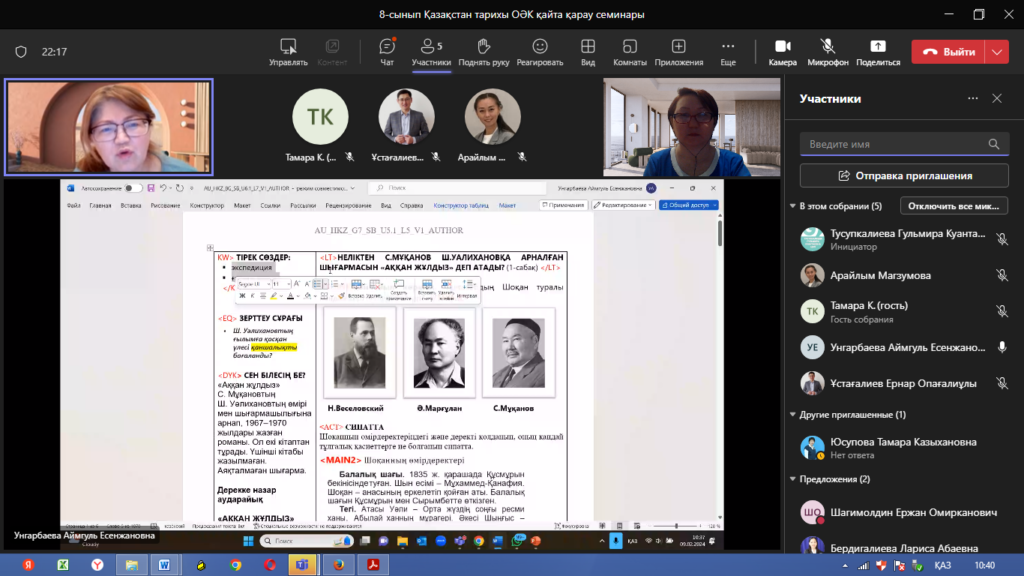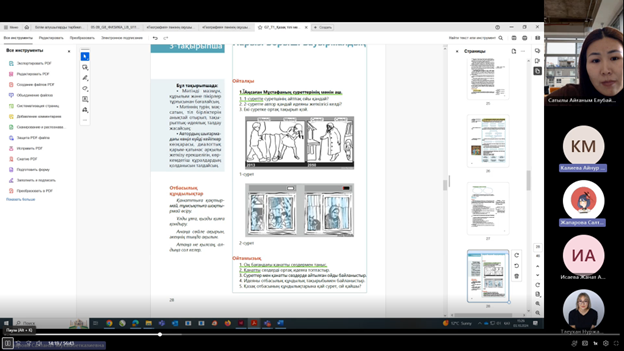
by Cepadmin | Oct 7, 2024 | Actual, News
Seminars on the textbook development
Within the framework of the project on development of textbooks for the Grade 7 in accordance with the Educational programme of Nazarbayev Intellectual Schools – NIS-Programme, Centre for educational programme held an online seminars for authors and editors of “Kazakh language and literature (L1)”, “Kazakh language and literature (L2)”, “Russian language and literature (L1)”, “Russian language and literature (L2)” on September 30 – October 4, 2024.
The seminars were attended by 19 authors, 4 editors and one technical editor.

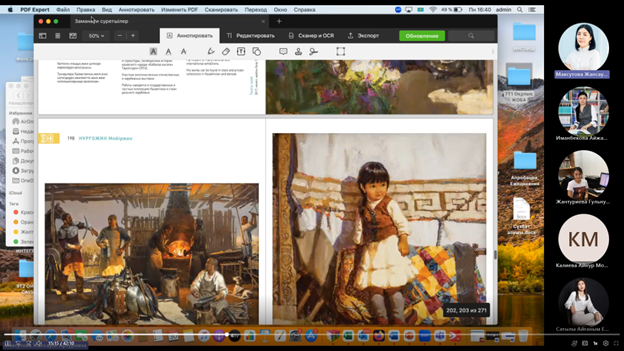
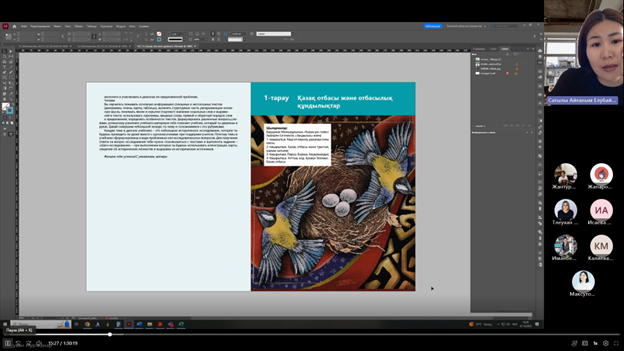
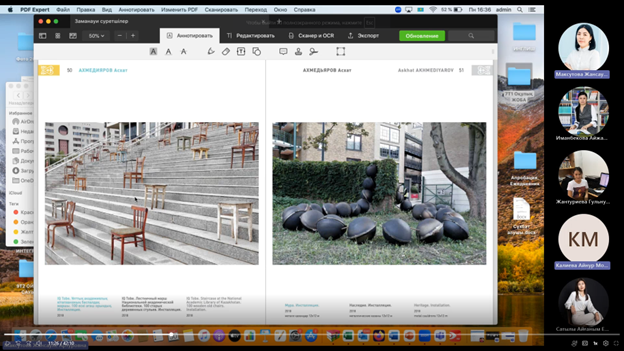

by Cepadmin | Oct 3, 2024 | Actual, News
Presentation of book “Legends Behind the Kazakh Kuis”
At the international WALS 2024 conference in Astana on September 24-25, there was a presentation of book “Legends Behind the Kazakh Kuis”. The book is written in both Kazakh and English. The compilers of the book are employees of the Centre for Educational Programmes – expert in the subject “Music” Anar Dosanovna Ospanova and illustrator, designer Aisulu Zhumabekovna Almasbayeva.
The originality of this edition lies in the fact that, for the first time in Kazakhstan, Kazakh kui legends are presented in the format of an educational comic book. The reader has a unique opportunity to engage in “5 activities in 1 book”: read, watch, listen, play, and colour. The book features digital augmented reality (AR) technology, allowing the reader to see 3D models of musical instruments, study their structure, read additional information, and even play them virtually.
The book also includes sheet music for the kuis, which can be played on traditional Kazakh instruments. This could serve as a great incentive for further study of Kazakh music.
The coloring pages presented in the book, inspired by legendary kuis, make it not only an educational resource but also a kind of creative workshop.
All the types of activities described in the book set this edition apart from others, making it unique and engaging!




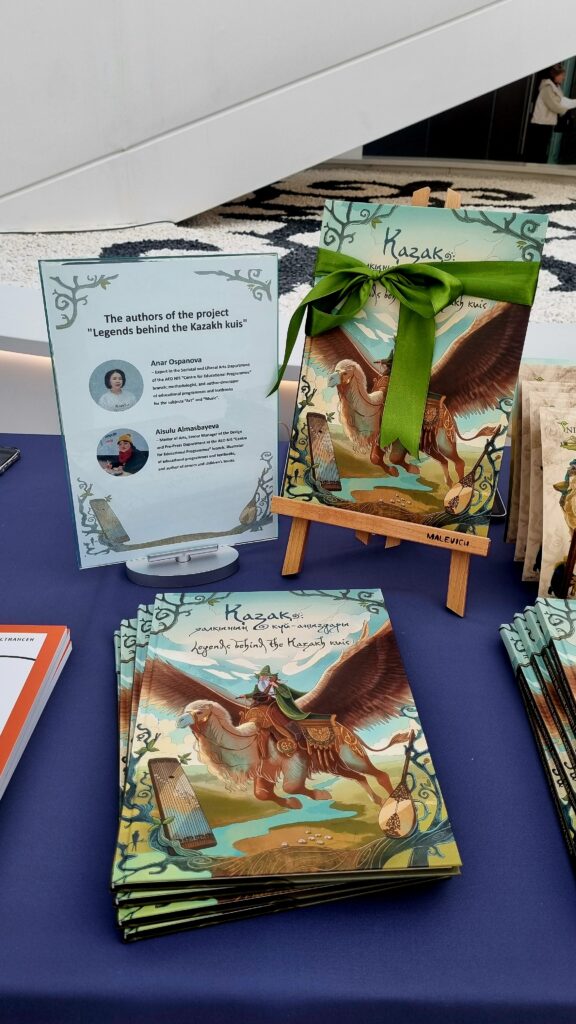

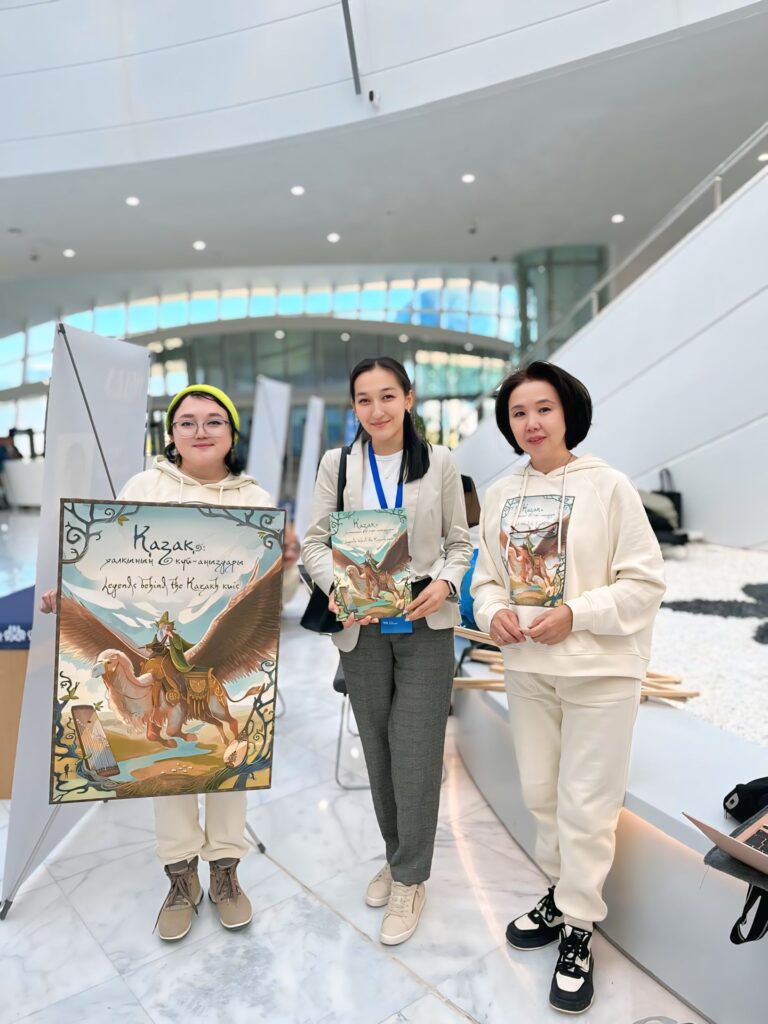



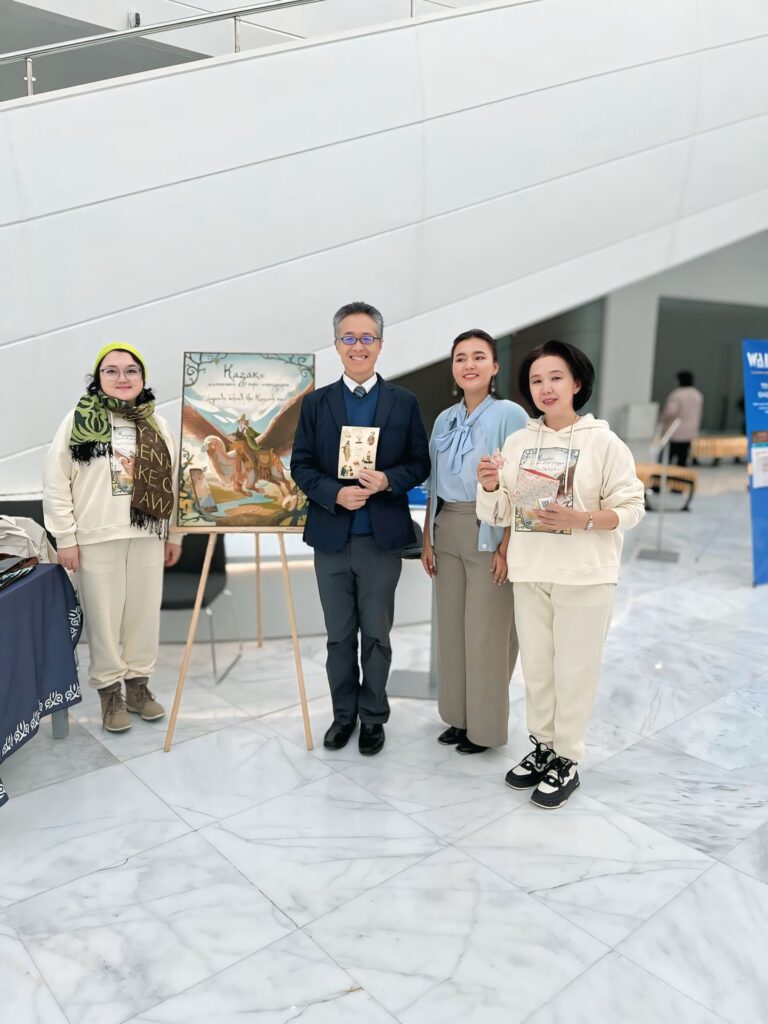
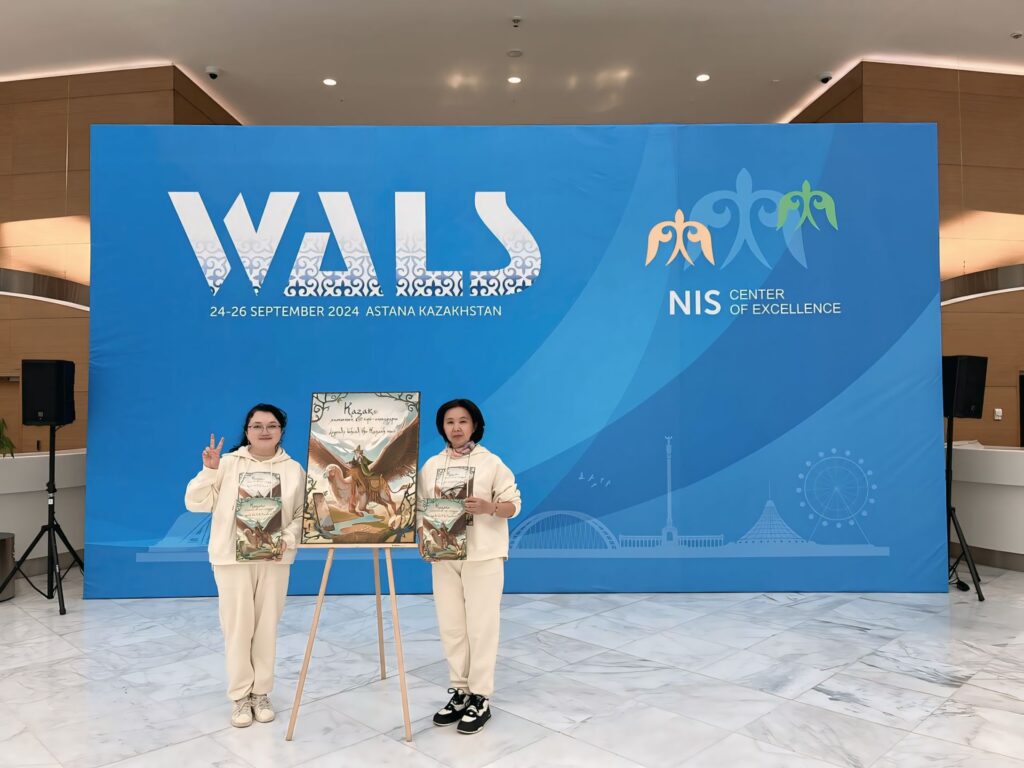
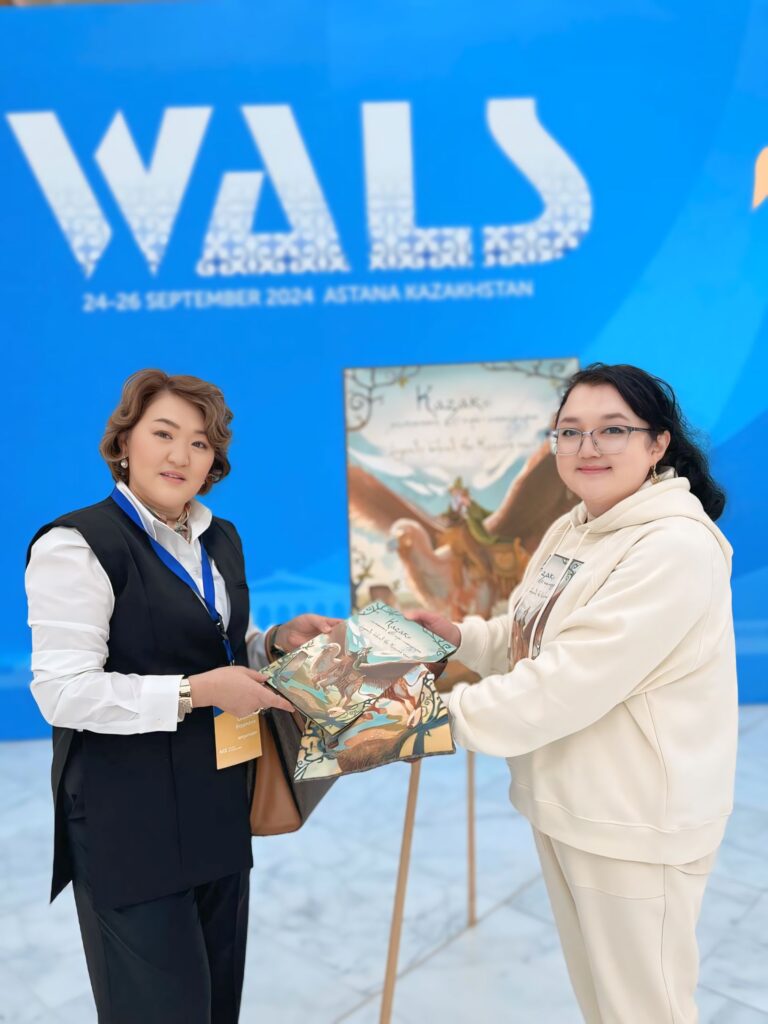

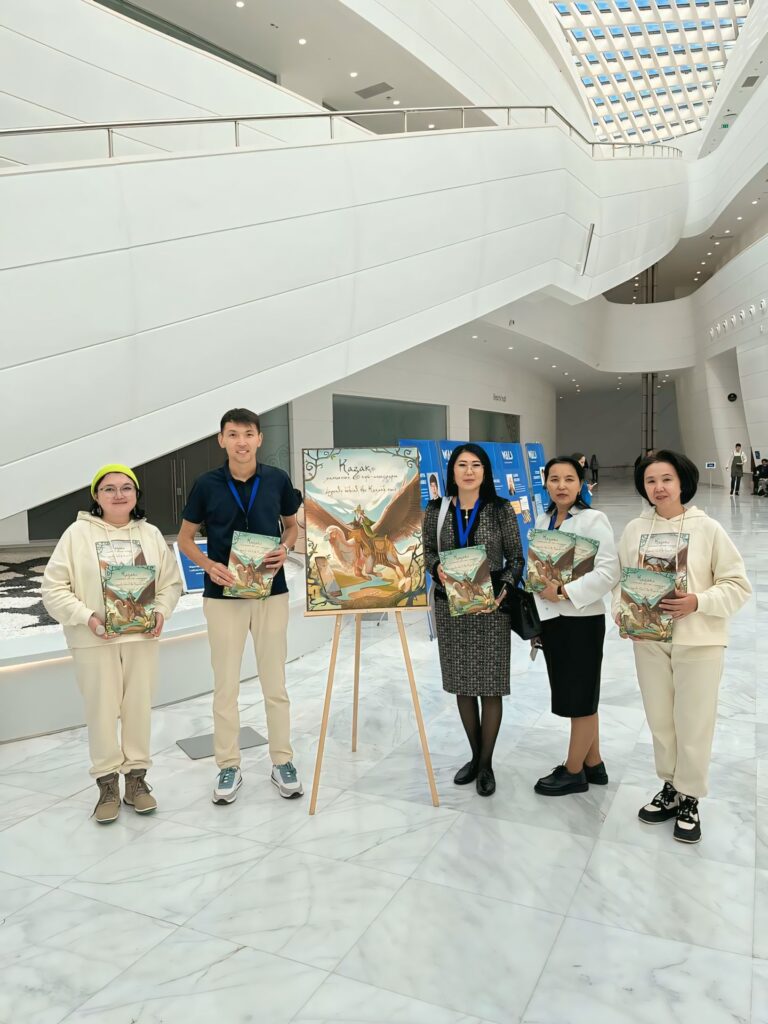

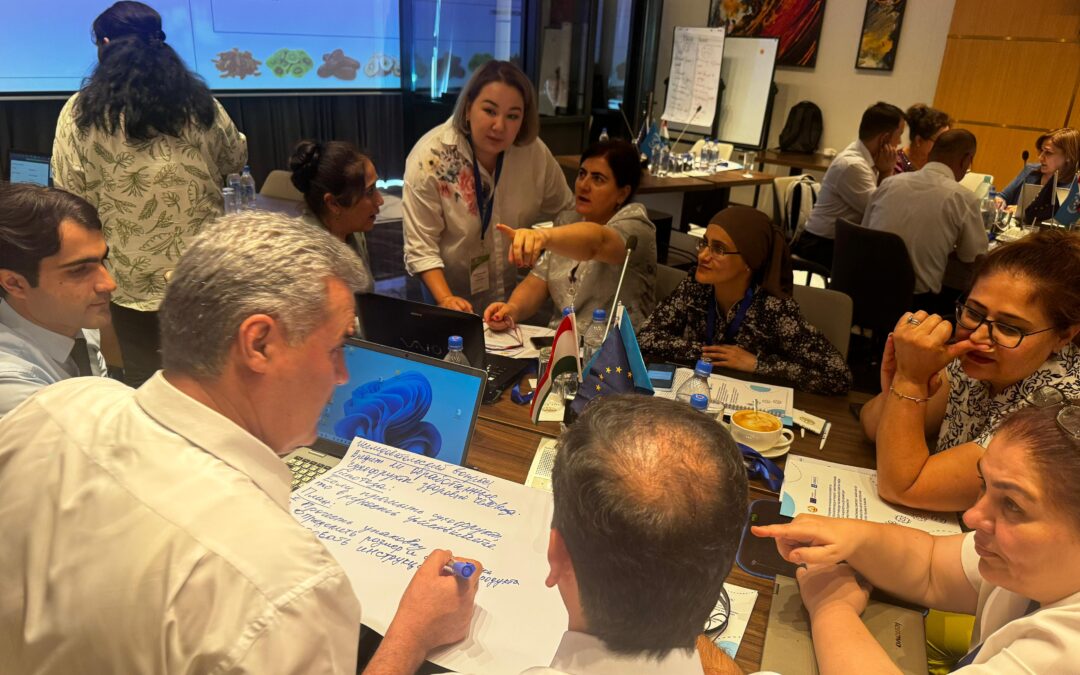
by Cepadmin | Aug 1, 2024 | Actual, News
National Workshop on the development of STEM textbooks and educational materials in the Republic of Tajikistan
🌟 On July 15 to 18, Aziza Abdurakhmanova, Zhanbulatova Gaukhar Zhanbulatova and Saidkhozha Bekkhozhayev, subject specialists of NIS Centre for Educational Programmes took part as international experts in the National Workshop on the development of STEM textbooks and educational materials in the Republic of Tajikistan.
📚 The workshop participants determined general approaches to the development of textbooks in biology, chemistry and physics as open educational resources (OER). Special attention was paid to the integration of competency-based approach, modern trends and innovative teaching methods into new textbooks.
✨ We are proud of our specialists being part of this important event and hope their contribution will help improve the quality of STEM educational in Tajikistan!


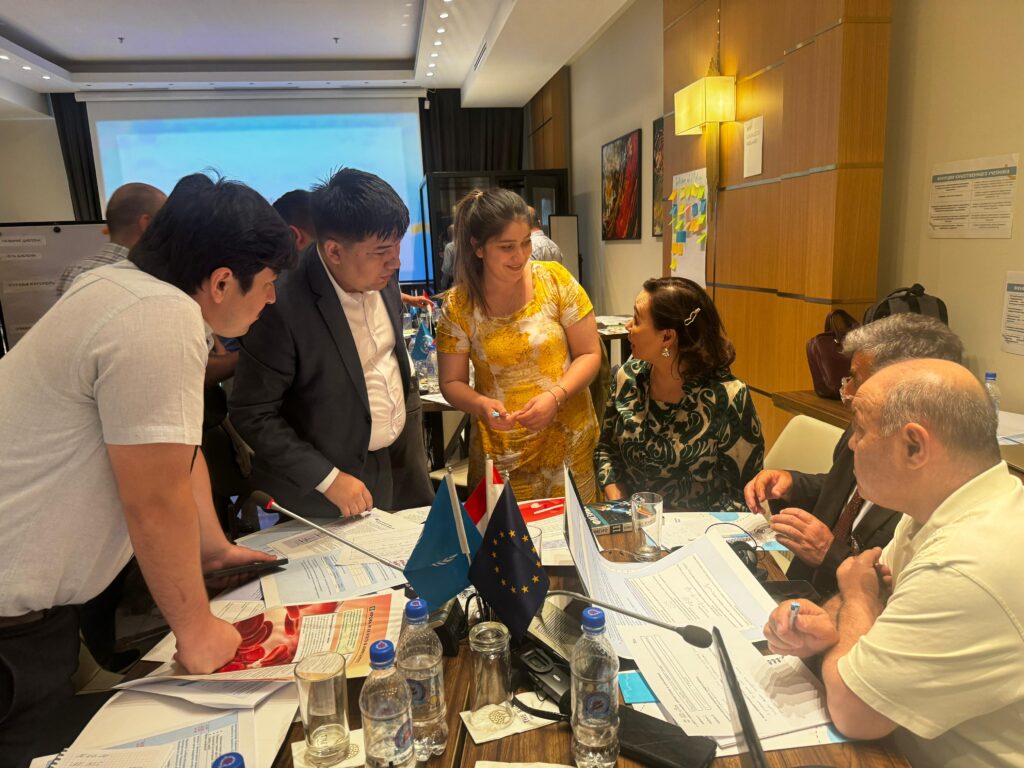
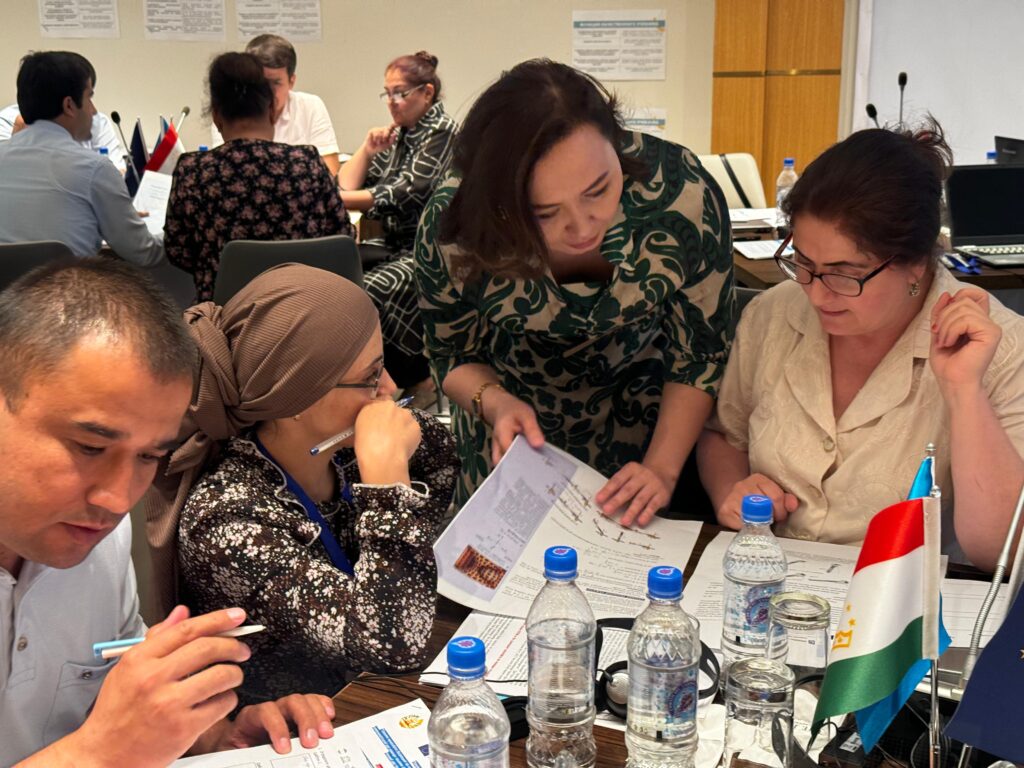




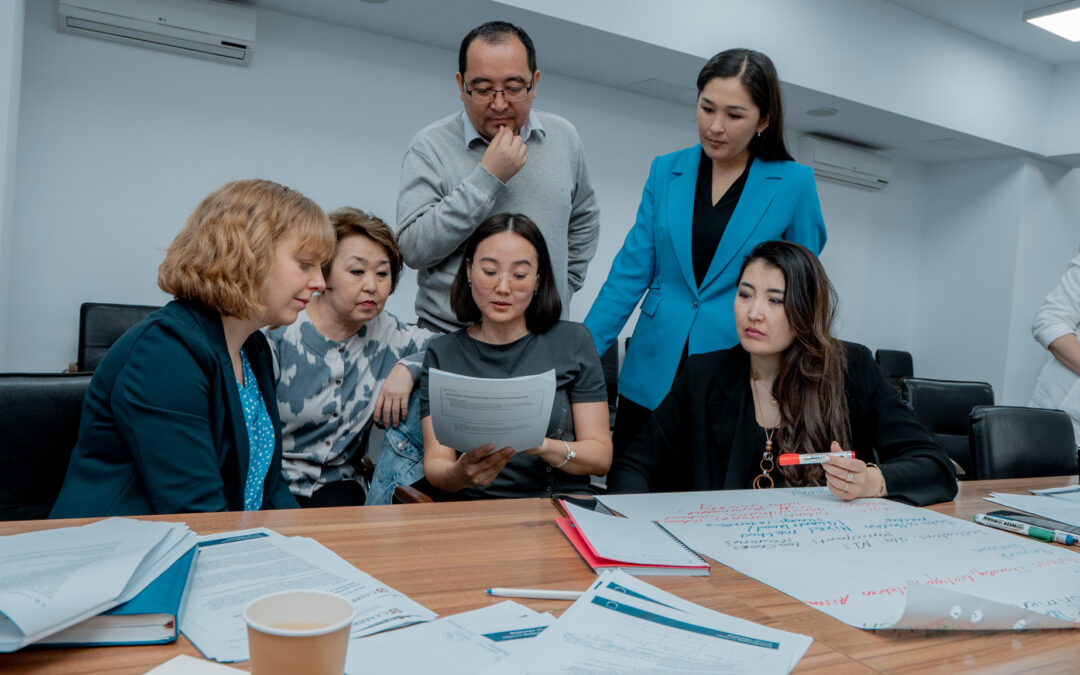
by Cepadmin | May 28, 2024 | Actual, News
Training course on “Effective Curriculum Implementation: Monitoring, Reporting and Research”
Subject specialists from the Center for Educational Programs of Nazarbayev Intellectual Schools recently completed a training course on “Effective Curriculum Implementation: Monitoring, Reporting and Research.” The course was led by Cambridge University trainers Alison Rodrigues (Head of International Education Research Hub) and Sarah Nelson (Curriculum Programme Manager). Participants learned about research planning, conducting quantitative and qualitative research, and how to present and publish their findings.
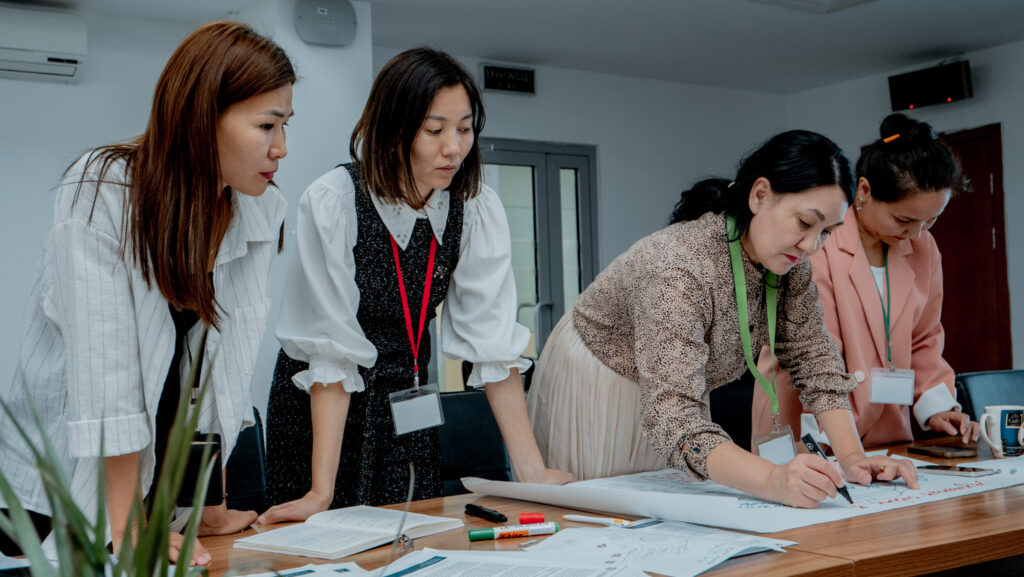
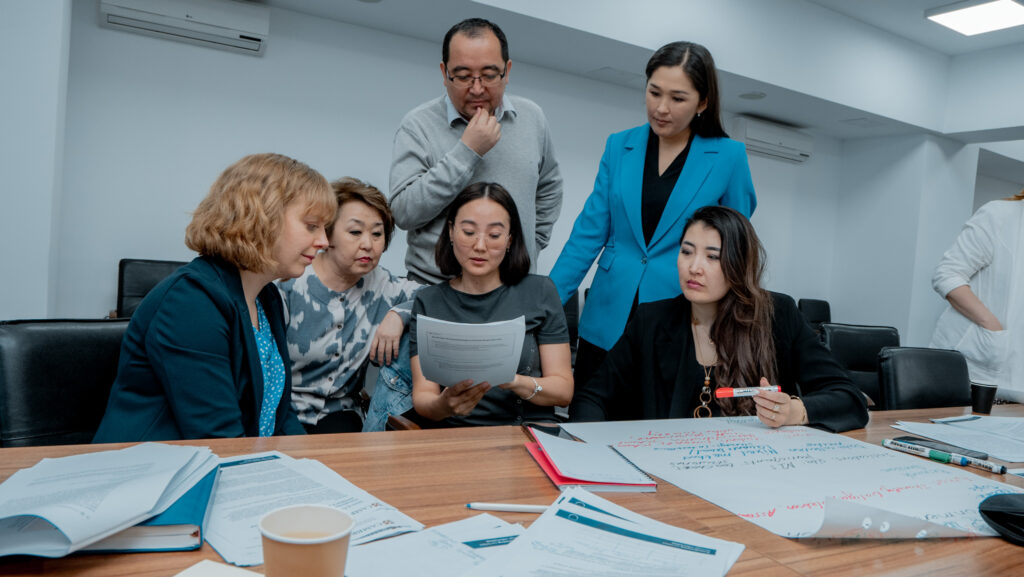
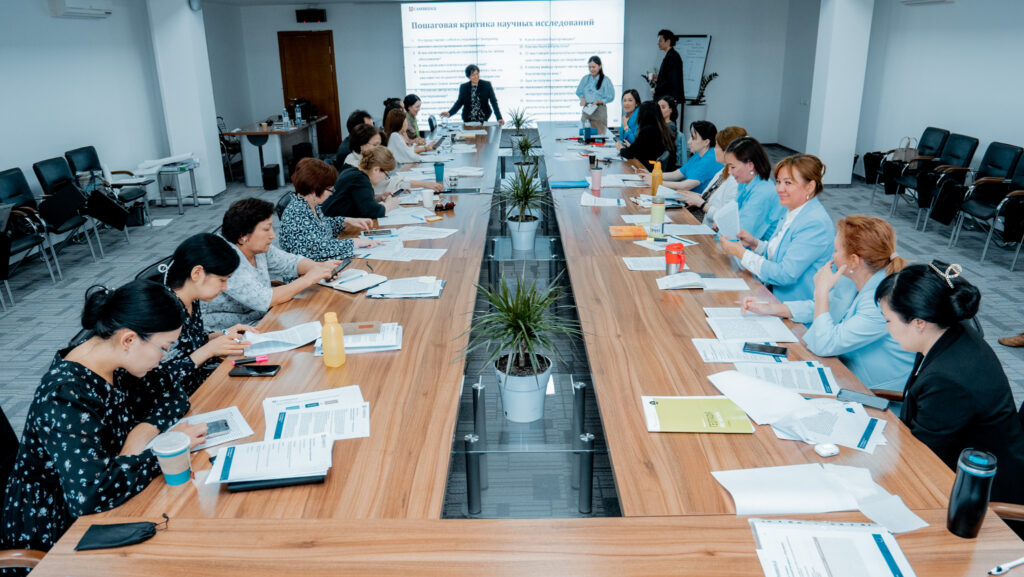
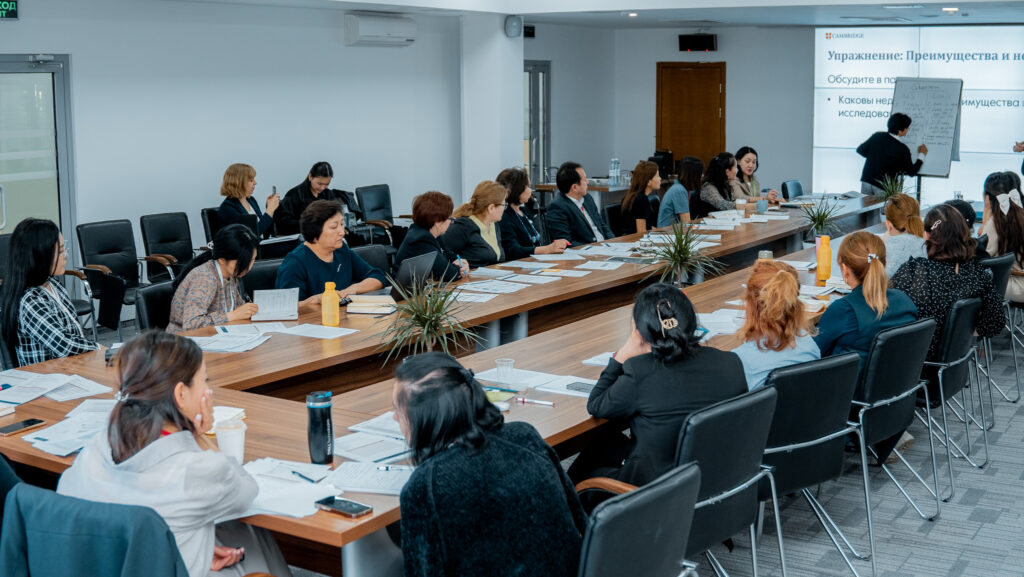
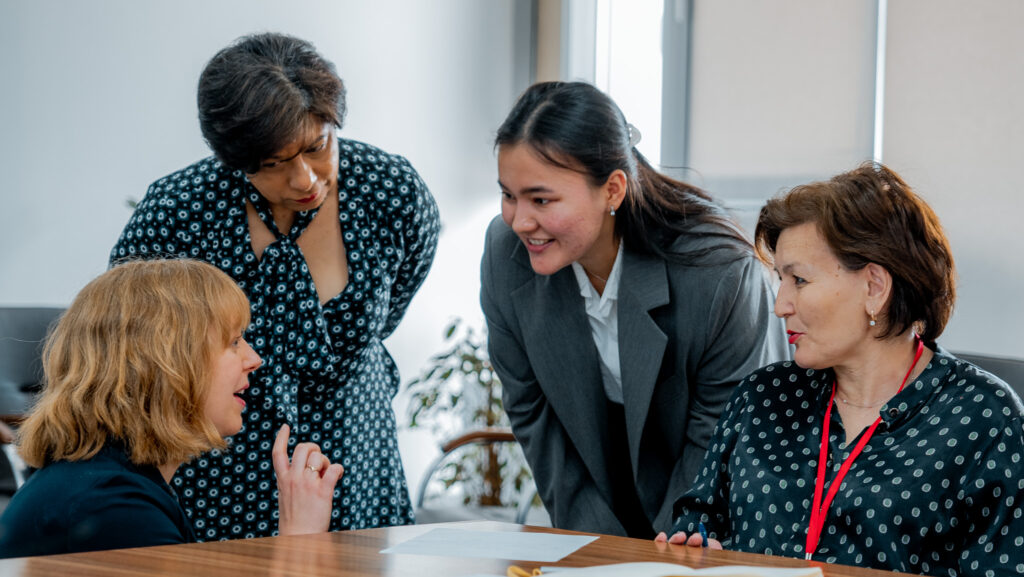
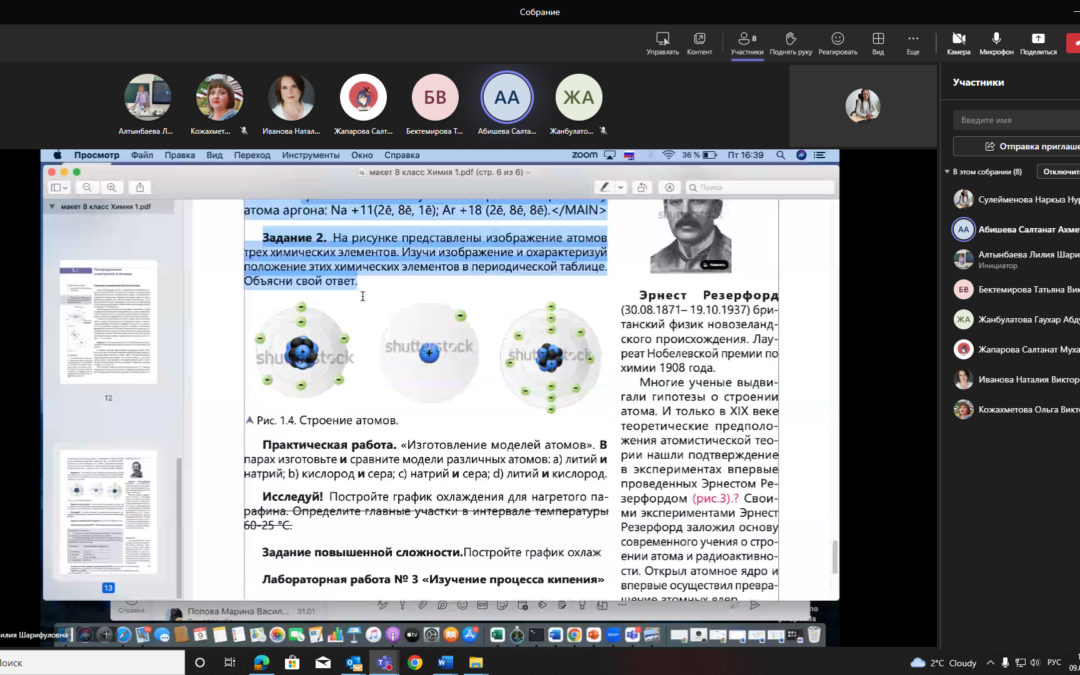
by Cepadmin | Feb 12, 2024 | Actual, News
Seminars on the revision of textbooks and teaching and learning materials.
Within the framework of the project on revision of textbooks for the 8th grade in accordance with the educational programme of Nazarbayev Intellectual Schools – NIS Programme, the branch “Centre for educational programmes” held an online seminars for authors and editors of “Mathematics”, “Chemistry”, “Biology”, “Informatics”, “Geography”, “History of Kazakhstan”, “World History” on 5 – 9 February 2024. 29 authors and 7 editors participate in the seminars.
